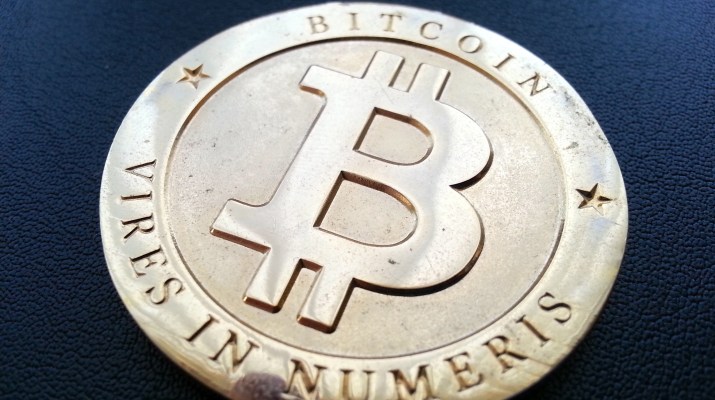Following the implosion of Japanese exchange Mt.Gox, the Japanese government wanted to clarify its stance regarding the cryptocurrency. According to the Wall Street Journal, the government doesn’t consider Bitcoin a currency. Companies and individuals using Bitcoin don’t need to obtain a banking license or comply with regulatory standards. In other words, Japan could have become a Bitcoin haven for companies willing to avoid regulation at all costs.
Yet, there is an unfortunate consequence. As Bitcoin is not a financial product in Japan, it is a commodity. Like any other commodity, Bitcoin will be subject to sales tax. Moreover, capital gains on Bitcoin exchanges will be taxed as well.
A few days ago, opposition legislator Tsutomu Okubo wrote an open letter asking what was the government’s stance on Bitcoin. Many Japanese customers had invested a significant amount of money in Bitcoin using Mt.Gox.
With today’s decision, the government is not responsible if a Bitcoin exchange goes bankrupt. Similarly, banks won’t be allowed to provide bitcoins to their customers.
Many said that Mt.Gox’s demise could have been avoided if there were more restrictions and checks for exchange companies. Anybody can still start a new Bitcoin exchange in Japan. Nothing is set in stone yet — the government plans to keep debating on this issue.
If a company goes bankrupt, handling the consequences will happen on a case-by-case basis. But it seems unlikely that Mt. Gox users will get their bitcoins back. The government doesn’t have a solution in place for future bankruptcies.
Many other countries plan to regulate Bitcoin usage. In the U.S., financial authorities want Bitcoin companies to comply with current financial regulatory guidelines, and in particular anti-money-laundering rules. Bitcoin users will be considered as bank customers.
In the U.K., customs officials should announce in the coming days that Bitcoin is a currency. In particular, there will be no sales tax on Bitcoin transactions.
German officials had a different stance as Bitcoin is considered as private money. But Bitcoin-based transactions should comply with sales tax rules. As the value-added tax system in Europe is a EU-wide system, it will be hard to implement sales tax on Bitcoin-based transactions without the other European countries.
When it comes to Japan, the country can more freely tax Bitcoin-based transactions. It doesn’t have to negotiate with other countries. For now, Bitcoin-based transactions are not taxed — it’s just a project. And it remains to be seen how the government plans to tax such a liquid asset.
Photo credit: Zach Copley under the CC BY-SA 2.0 license
